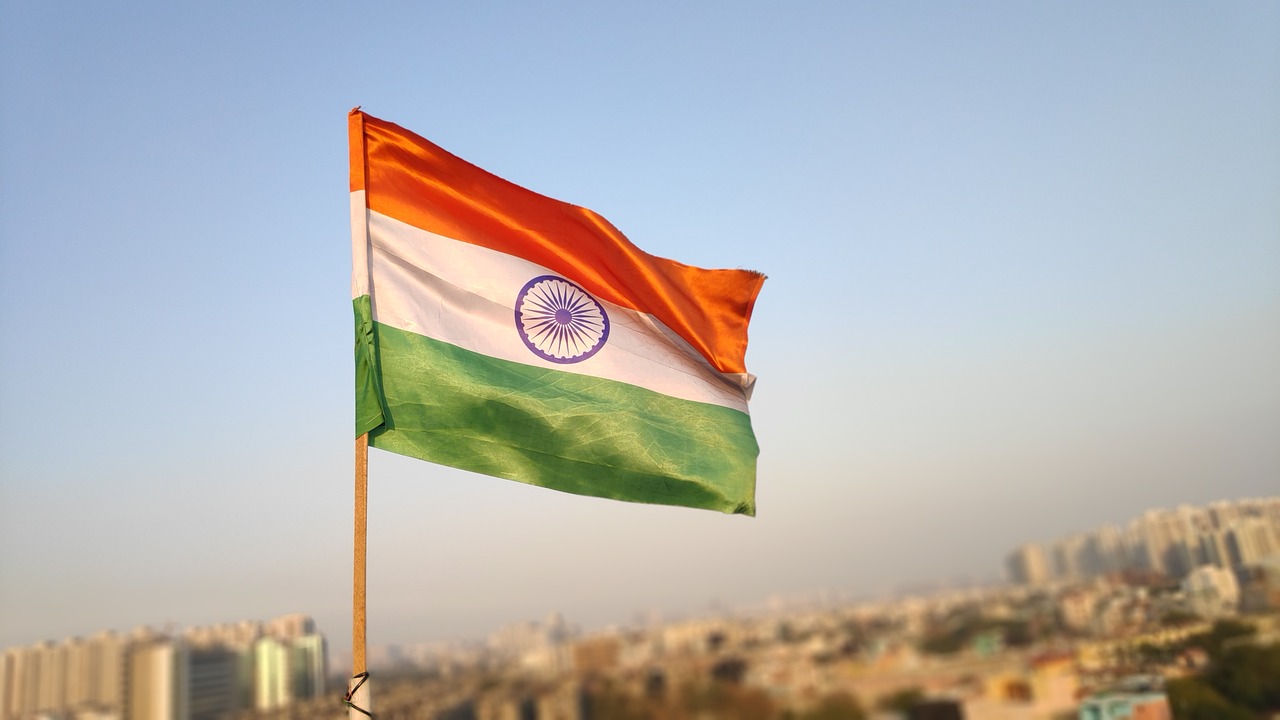India and the Ukraine War
Al-Arabiya, Saudi Arabia, April 3
In recent years, India and the three other members of the Quadripartite Security Dialogue – Australia, Japan and the United States – have worked to strengthen their relations. This rapprochement was evident when Japanese Prime Minister Fumio Kishida visited India last week for the annual Japan-India summit. Separately, the Australian prime minister also participated in a virtual Indo-Australian summit that discussed bilateral and international topics such as recent developments in Ukraine. India and Japan have close relations that keep getting stronger. This was evident when the Indian leadership convened and agreed to expand the important economic cooperation between the two countries. The two sides discussed almost everything, from the export of Indian mangoes to Japan, to the import of Japanese apples from India, including India’s investment of about $42 billion over five years. A convergence of views on international issues has also emerged, as the two countries view each other as important for peace, stability and development in the Pacific region. In this context, the two sides agreed to cooperate in new areas, such as information sharing, cybersecurity, housing, urban flood management, sanitation and intelligent transportation management systems. Likewise, discussions with Australia were also important. The virtual summit between Australia and India took place a day after the Japanese prime minister’s visit. Relations between India and Australia have deepened in recent years, with increased cooperation in the fields of defense, trade and investment. Bilateral discussions dealt with international issues such as the situation in Myanmar, where the two sides called for adopting a conciliatory approach. Further, the two countries agreed to deepen trade and expand cooperation in areas such as rare-earth elements. Indian minerals company Kapil and Australia’s Bureau of Rare Metals have decided to create a framework for building partnerships in rare-earth investments. The two countries are currently negotiating a Comprehensive Economic Cooperation Agreement and plan to sign an Early Harvest Agreement soon. Much progress has been made in the negotiations in this regard in a very short time. Relations with both Australia and Japan are important for India, at a time when the latter seeks to strengthen its role in the world. However, at the same time, the Indian Prime Minister was keen in his talks with the two leaders to preserve India’s strategic independence. While other members of the Quadripartite Security Dialogue criticized the Russian invasion of Ukraine, India refrained from taking sides, adopting a neutral position. Indeed, the two members of the US-led quartet, Japan and Australia, have not only condemned Russia’s military operation in Ukraine, but also imposed harsh sanctions on Moscow, including on individuals close to President Vladimir Putin. In his remarks to the press after the summit, Indian Prime Minister Narendra Modi refrained from making any direct comments on Ukraine, saying only that “geopolitical events pose new challenges.” As for the Japanese prime minister, who was making his first trip abroad this year, he described the Russian military operation in Ukraine as “a very dangerous issue that shakes the foundations of the international system.” India abstained from voting more than six times in the United Nations, including in the Security Council, against Russia, for which it won thanks from Moscow and criticism from the West. For example, the United States, noting India’s unique relationship with Russia, warned that India could end up on the wrong side of history. The joint statement issued in the wake of the India-Japan summit more than three years after the last summit, embodied the strongest consensus of positions between the two sides, calling for an end to violence, and “expressed genuine concern about the current conflict and humanitarian crisis in Ukraine.” Prime Minister Scott Morrison, while sympathetic to India’s view, has not shied away from criticizing Russia’s action, even as Modi avoided any reference to Ukraine and Russia in his opening address to the media. Some observers saw in the Australian position a kind of understanding of the Indian position. The two summits reaffirmed that India, despite the pressures it is under, will remain unique regarding Russia’s position within the Quadruple Security Forum. So far, it is clear that India has adopted a clear stance on Ukraine that is in line with its national interests and sends a clear message that it will preserve its strategic independence – a message that appears to have encouraged Chinese Foreign Minister Wang Yi to visit India this week amid developments in Ukraine. – Zikru Al-Rahman (translated by Asaf Zilberfarb)


